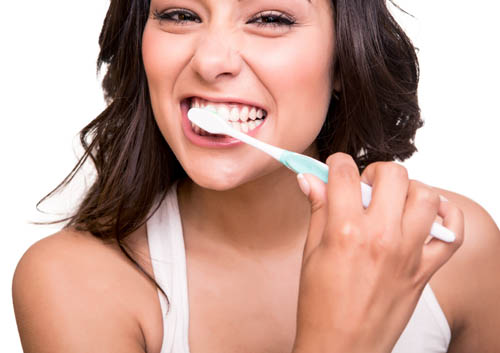
Medical doctors and dental health professionals, like Dr. Michelle Slezewski and Dr. Paul Engibous, have debated over the connection (or lack thereof) between gum disease and heart disease. While there still is no unanimous consensus on whether there is a link – or the extent to any link there may be – several studies offer some interesting insight into possible correlations that may prove that there are some common factors that point to a likely correlation between the two.
Could there be a link between gum disease and heart disease?
Dr. Simone Ricketts reported on the findings of an Australian study of 80 patients in Profile Magazine. That study showed that 70% of the patients who participated in the study and needed heart transplants also had gum disease. She noted that other studies show a similar pattern, indicating that patients who needed heart transplants or other cardiac surgery procedures, were more likely to have dental problems.
Not Just Heart Disease Linked to Gum Disease
It isn’t just heart disease that experts are linking to periodontal disease, however. More and more evidence is showing that many chronic inflammatory diseases such as diabetes can be linked to periodontal disease. Poor oral hygiene resulting in gum disease was evident in blood tests that showed positive markers for inflammation.
Experts looked at a combination of over 120 medical studies focusing on a link between dental health and heart health. The findings of that research were published in the Journal of Periodontology and the American Journal of Cardiology. While there was no agreement on a definitive link, the research showed some promising results, and offer information that may be helpful to both dental health professionals and their patients.
On its own, gum disease increases the risk of developing coronary artery disease. Data from the National Health and Nutrition Examination Survey (NHANES) showed that gum disease increases the risk factor for blood vessel and artery diseases when those arteries supply blood to the brain.
This is especially important for strokes because they are a common cause of inadequate blood flow to the brain. Data from another study of 50,000+ people found a higher risk of stroke among people with gum disease and tooth loss.
The study did, however, show two very important connections between gum and heart disease:
- Both the gums of people with gum disease and the blood vessels of people who had atherosclerosis tested positive for similar types of bacteria.
- Both patients with atherosclerosis and those with gum disease showed the presence of inflammation in their bodies.
Patients need to understand the importance of taking care of their mouths and doing whatever is necessary to ensure or support heart health – even if there is no guarantee that doing so will prevent either disease.




